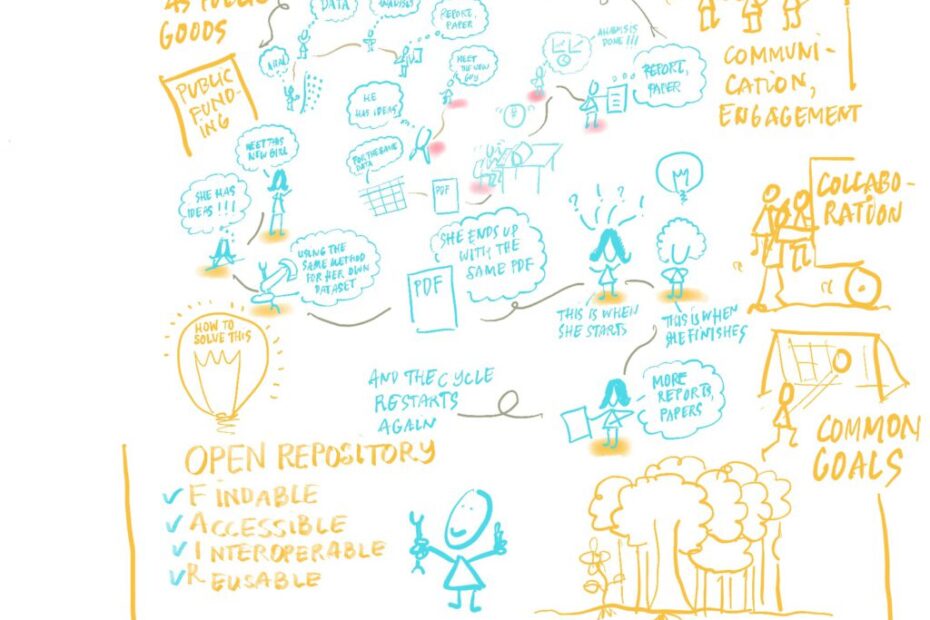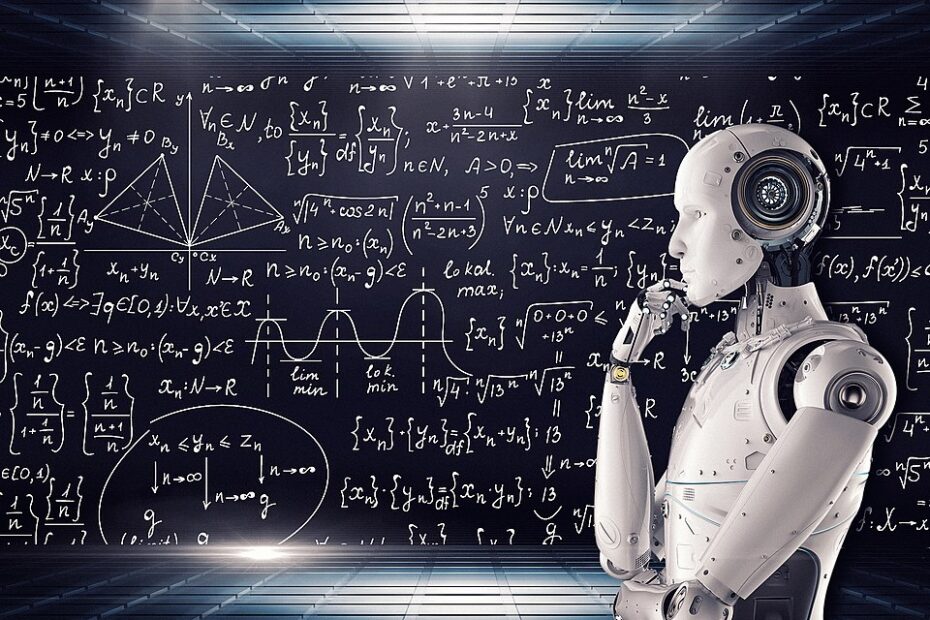Visions of AI in Popular Culture: report is out
Activist organisations often have difficulties with raising awareness around the problems that they make it their mission to solve. While lack of adequate expertise or access to funding that could be spent for information campaigns, are among reasons, there is a lot to be said about the messaging and methods we chose. What if we got inspiration from pop-culture and artworks that excell at translating the emerging tendencies and new technologies into the zeitgeist?
These are the droids you’re looking for
Together with SWPS University’s Institute of Humanities in Warsaw, Poland, we delved into exactly this inspiration! Students worked under the direction of the faculty on data collection and report Visions of AI in Popular Culture: Analysis of the Narratives about Artificial Intelligence in Science Fiction Films and Series. The Wikimedia assignment was to examine attitudes and winning narratives pertaining to the key narrative tropes:
Read More »Visions of AI in Popular Culture: report is out











